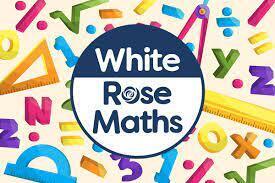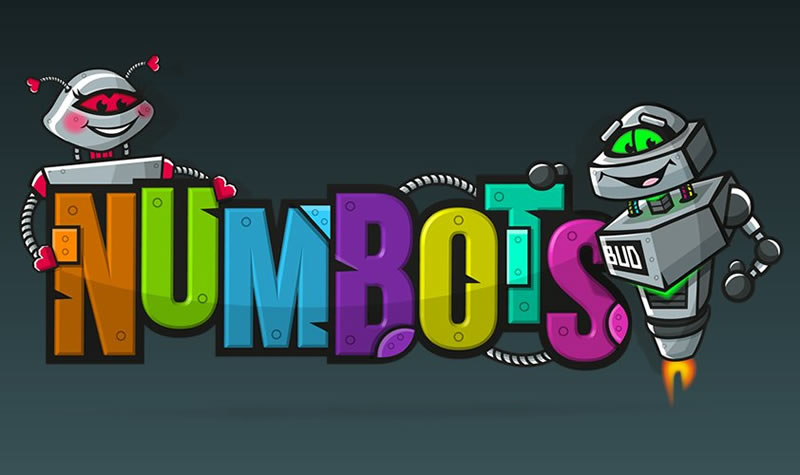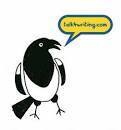Spring 2 in Year 2!
 |
 |
|||
|
2J Mon, Tues, Weds and Friday |
Mrs Robinson 2J on a Thursday 2B on a Friday |
Mrs Browne 2B Monday to Thursday
|
2B Everyday |
2J Everyday |
|
Useful Information
PE Days Our PE days are Tuesdays and Thursdays for both classes. Please ensure children come to school in their PE kit on these days.
Library Days We will be visiting the library to change books every Monday for both classes. Books are issued for two weeks at a time but can be returned earlier. If your child wishes to keep a book for longer than two weeks, please send it in to school on their library day so that it can be renewed.
Spring 2 Curriculum information: English: This term we will be learning how to use inverted commas to indicate speech in a story all about Pirates! Focus: Dialogue We are learning to use:
Start the spoken words with a capital letter
Cursive Handwriting This year we will be teaching joined writing. Children will learn to join letters in a planned sequence.
|
||
|
Spelling : This term we will continue our Little Wandle Spelling units. Small group catch-up phonics sessions will continue for any children that require extra time to secure their phonics knowledge. Guided Reading sessions
Children will have whole class reading sessions 3 times a week. These sessions take extracts from well known texts and explore reading for fluency and understanding (comprehension)
English Homework: Reading We would like the children to read at home at least 4- 5 times a week with an adult or as often as possible.
Spelling
Spelling challenges are set every Friday on Spelling Shed .. The words will comprise of spellings linked to the spelling taught that week We would like children to practice their spellings regularly and complete their 5 games per week.
|
||
|
|
Maths
We will be following the White Rose maths curriculum. 
Unit 1: multiplication and division
Unit 2: Length and height
Unit 3: Mass, capacity and temperature

Maths homework:
Numbots is an ongoing maths challenge program, that supports children's mathematical knowledge and understanding. We would like children to extend their learning by using Numbots. Weekly activity goals are set at 15 minutes and will tell the children when they have completed their 15 minutes per week.
What are we doing in other subjects this half term?
Science: Animals including humans, lifecycles and health
DT: Making a healthy wrap
RE: Islam
ICT: DoInk Greenscreen
PHSE: Being my best
Park Mead Primary School, Park Drive, Cranleigh, Surrey, GU6 7HB
01483 274315
info@park-mead.surrey.sch.uk









